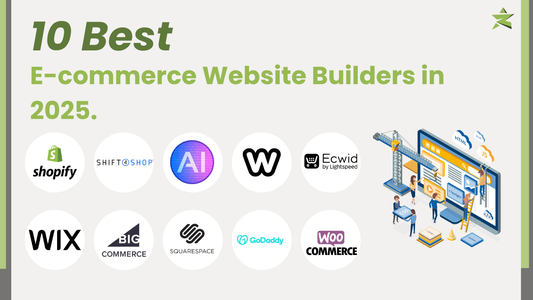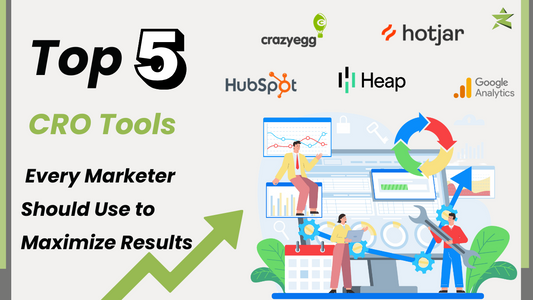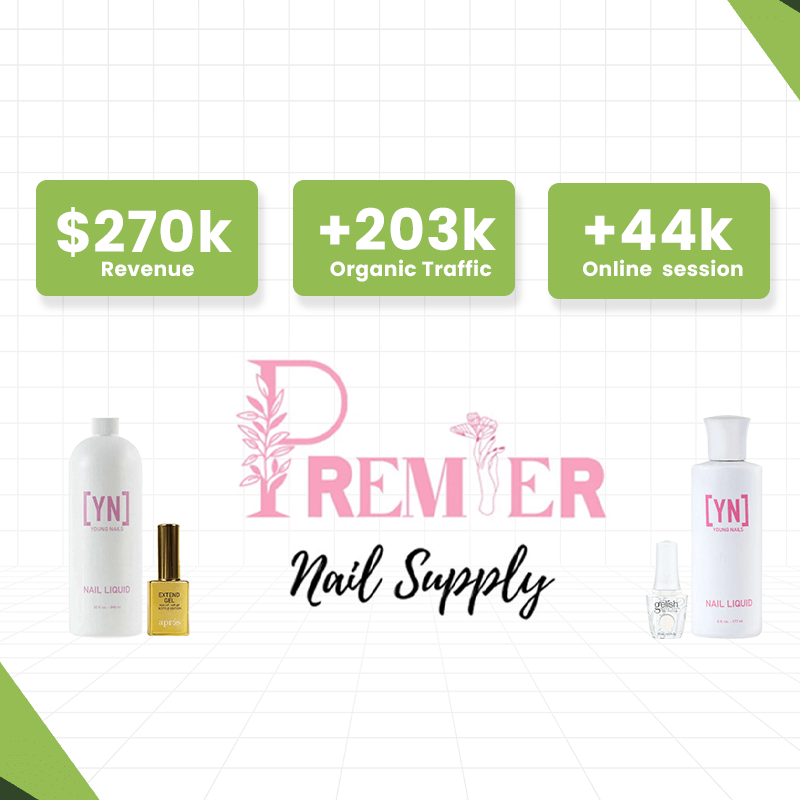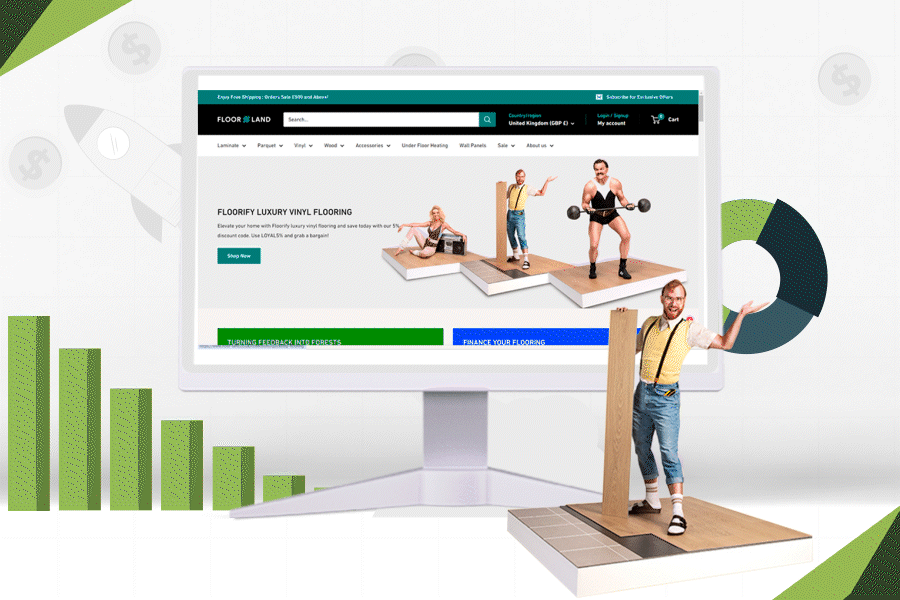The world of ecommerce is evolving rapidly, and with it, the importance of selecting the right platform to power your online store. In 2024, ecommerce platforms do more than just enable transactions—they provide the infrastructure to create immersive shopping experiences that engage today’s tech-savvy consumers. Whether you’re a startup or an established business, choosing the right platform can make or break your online success.
This guide explores the essential elements of ecommerce platforms, discusses how to evaluate them based on budget, features, and analytics, and highlights the top 10 ecommerce platforms for 2024. Additionally, we’ll dive into how advanced tools like chatbots can enhance your store’s conversion rates and improve customer satisfaction.
What is an Ecommerce Platform?
An ecommerce platform is the backbone of any online store. It’s not just software; it's a comprehensive solution that allows you to manage everything from product listings to payments, marketing, and customer service. Think of it as the digital equivalent of your physical store, but with far more capabilities, flexibility, and reach.

In essence, ecommerce platforms provide a virtual storefront, inventory management, payment gateway, and customer relationship management all in one. They streamline business operations and help brands create unique, engaging shopping experiences. The right platform doesn’t just meet your current needs; it also prepares you for growth and scalability in the future.
How to Choose the Right Ecommerce Platform for Your Business
Selecting an ecommerce platform requires careful thought and consideration. Here are five key factors to keep in mind:
1. Budget: Balancing Cost and Features
Choosing a platform within your budget is crucial, but don’t just focus on the upfront costs. Look at the total cost of ownership, including transaction fees, hosting fees, and any add-ons you may need. Many platforms offer free trials, so you can test the features before committing.
Tips:
- Consider platforms that provide value with scalable plans.
- Ensure there are no hidden costs that could eat into your profit margins.
2. Features: Aligning with Business Needs
Identify the key features your business needs. Do you require advanced inventory management? Multi-channel selling? Integration with CRMs? Look for a platform that not only fits your current needs but can also support your future growth.
Tips:
- List essential and optional features to streamline your decision.
- Ensure the platform supports integrations with other tools your business uses.
3. User Experience and Ease of Use
Ease of use is critical, especially for businesses with limited technical expertise. The best platforms offer intuitive interfaces that allow you to manage your store efficiently without needing to code.
Tips:
- Choose platforms with a reputation for simplicity and user-friendliness.
- Look for demos, tutorials, and customer support options to help you get started.
4. Customer Support
Solid customer support can be a lifesaver, especially when you face technical issues or need help setting up your store. Opt for platforms known for providing responsive support through multiple channels, including live chat, phone, and email.
Tips:
- Choose a platform with 24/7 customer support for real-time assistance.
- Check customer reviews for insights into their support quality.
5. Analytics and Insights
In ecommerce, data is power. Choose a platform that offers built-in analytics to track customer behavior, sales trends, and website performance. Detailed insights help you make informed decisions and optimize your store for conversions.
Tips:
- Ensure the platform provides easy-to-understand analytics tools.
- Consider platforms that integrate with external tools like Google Analytics for more in-depth insights.
The Top 10 Ecommerce Platforms in 2024
Here’s a roundup of the best ecommerce platforms for 2024 that stand out for their unique features, scalability, and ease of use:
-
Wix – Perfect for beginners with its drag-and-drop builder and affordable plans.
-
Shopify – Known for its AI features and omnichannel selling, ideal for businesses of all sizes.
-
Shift4Shop – A free option for US-based merchants, offering extensive tools with no upfront costs.
-
Square Online – Seamless integration with in-store systems, perfect for omnichannel selling.
-
BigCommerce – Ideal for growing businesses with its sales-focused features and no transaction fees.
-
Adobe Commerce (Magento) – A powerful platform offering multi-channel commerce for both B2B and B2C.
-
Squarespace – Combines elegant design with robust ecommerce features, ideal for creative businesses.
-
Shopaccino – A feature-rich platform with no transaction fees, offering mobile apps and multi-currency options.
-
Quick eSelling – A free, fast-to-launch option with unlimited features, perfect for businesses seeking a quick setup.
-
WooCommerce – An open-source platform built on WordPress, offering unmatched flexibility and customization.
Boost Ecommerce Conversions with Chatbots

In 2024, chatbots have become indispensable tools for ecommerce businesses, helping to drive conversions and improve customer satisfaction. Here’s how they enhance your store’s performance:
1. 24/7 Customer Support
Chatbots provide round-the-clock assistance, ensuring customers get instant responses to their queries, regardless of time zones. This availability builds trust and increases the chances of converting visitors into buyers.
2. Personalized Shopping Experiences
AI-powered chatbots can offer personalized product recommendations based on customer preferences and past purchases, leading to higher conversions and customer loyalty.
3. Cart Recovery
Chatbots can help recover abandoned carts by sending reminders or offering incentives to complete the purchase, significantly improving your sales funnel.
Conclusion: Choosing the Right Ecommerce Platform for Success
As the ecommerce landscape continues to evolve in 2024, choosing the right platform can be the difference between merely surviving and thriving in the digital marketplace. From budget considerations to advanced features like chatbots, the right platform will empower your business to scale, engage customers, and succeed in a competitive environment.
Make sure to choose a platform that fits your business needs, offers excellent support, and provides the analytics necessary to drive informed decisions. By doing so, you’ll be well on your way to ecommerce excellence in 2024.










